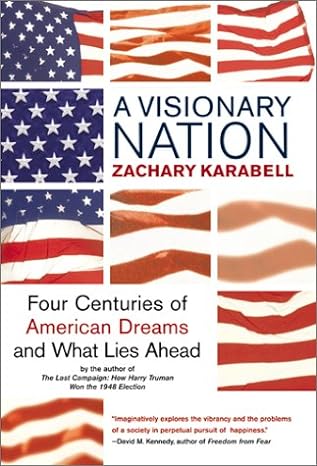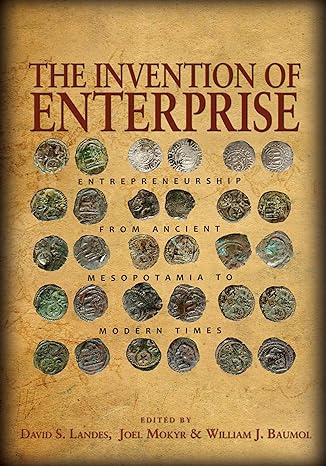Go back


A Visionary Nation Four Centuries Of American Dreams And What Lies Ahead(1st Edition)
Authors:
Zachary Karabell

Cover Type:Hardcover
Condition:Used
In Stock
Include with your book
Free shipping: May 10, 2024Popular items with books
Access to 3 Million+ solutions
Free ✝
Ask 10 Questions from expert
200,000+ Expert answers
✝ 7 days-trial
Total Price:
$0
List Price: $66.00
Savings: $66(100%)
Book details
ISBN: B000H2N9MM
Book publisher: HARPER PERENNIAL
Get your hands on the best-selling book A Visionary Nation Four Centuries Of American Dreams And What Lies Ahead 1st Edition for free. Feed your curiosity and let your imagination soar with the best stories coming out to you without hefty price tags. Browse SolutionInn to discover a treasure trove of fiction and non-fiction books where every page leads the reader to an undiscovered world. Start your literary adventure right away and also enjoy free shipping of these complimentary books to your door.








